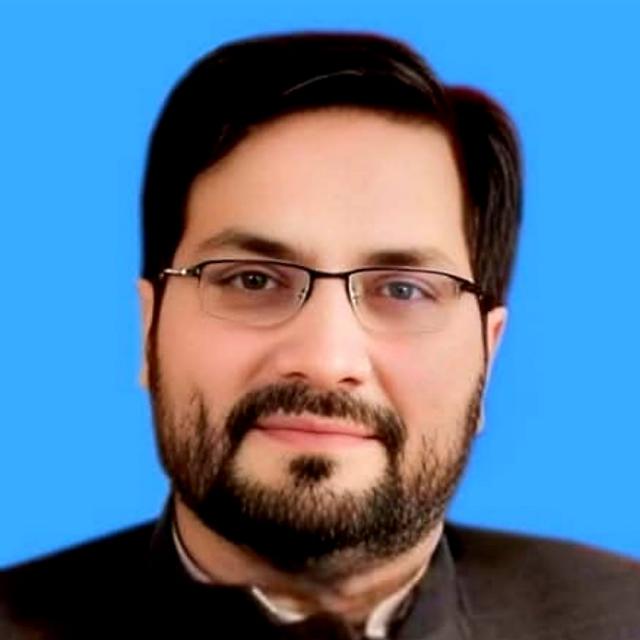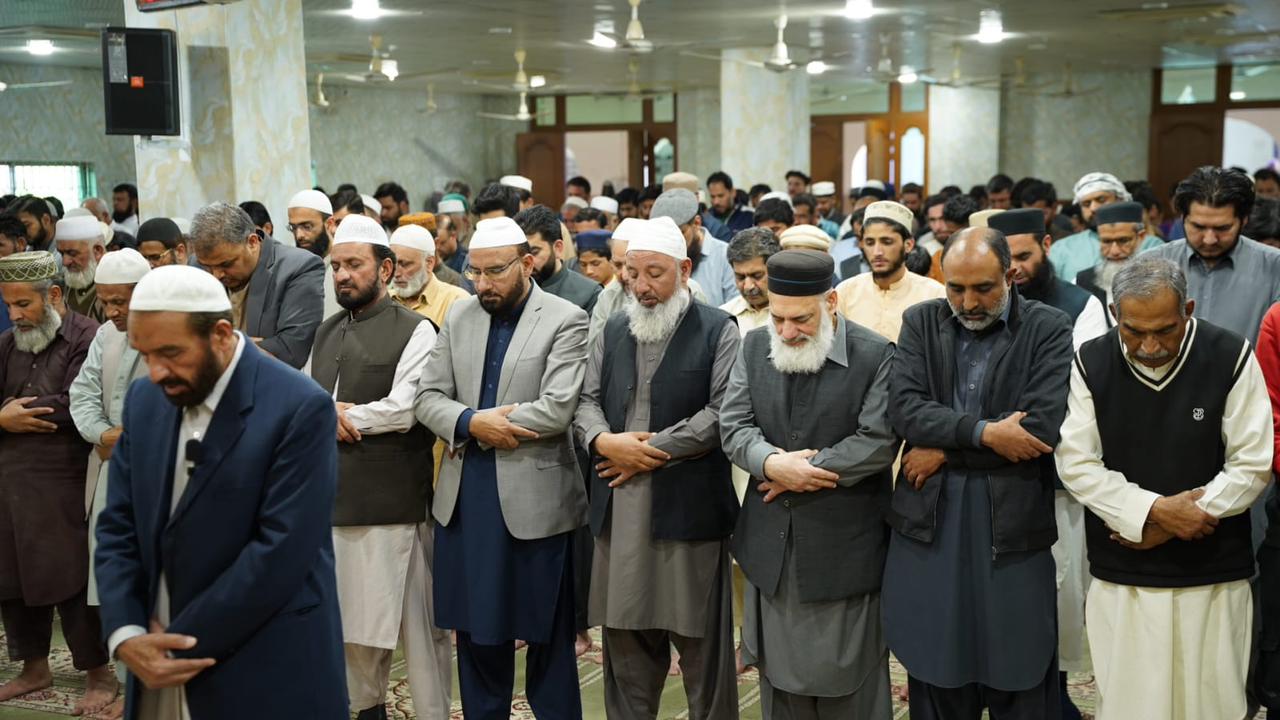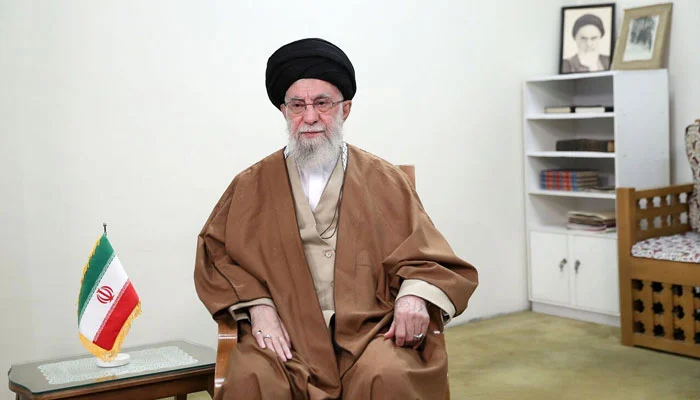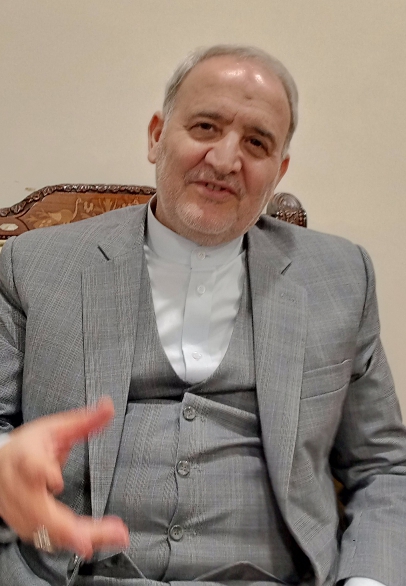Written by: Engineer Iftikhar Chaudhry
Today is the International Day of Conscience. In many countries around the world, this day is observed to promote awareness of human rights, the right to vote, freedom of expression, and justice. But in countries like Pakistan, this day has become a bitter irony. Speaking of conscience here is akin to inviting trouble. We’ve reached a point where truth-tellers are labeled as traitors, miscreants, and rebels.
I am reminded of Hafiz Hussain Ahmad, who sadly passed away last month. During General Musharraf’s regime, he remarked that people were joining the Q-League based on their “conscience”. He sarcastically pointed out that it was under the orders of a certain chief — General Ehtesham Zamir — that this was happening. Though Ehtesham Zamir has left this world, the metaphorical “Ehtesham Zamir” continues to live on in every era. Alongside these dead consciences, they offer the throne of power to 17 selected individuals with manipulated Form 47s, while the actual winners rot behind bars in Adiala Jail.
Conscience is not a material object, nor a garment to be worn and removed at will. It is the internal court of the human soul that constantly distinguishes between right and wrong. But when power is imbalanced in a society, and conscience is replaced by self-interest, fear, and silence, such days become nothing more than ceremonial rituals.
In Pakistan, the death of conscience has been a continuous process. It began the day a truth-speaker was punished for the first time, the day a journalist was first silenced, the day a student, a teacher, a scholar, or a political worker was first disappeared. Since then, this trend has continued. The forces crushing conscience have appeared in uniforms, judicial robes, and even the gleaming faces of the media.
The judiciary should symbolize the freedom of conscience. But in today’s Pakistan, courts no longer decide — they merely announce decisions. And everyone knows the forces behind those decisions, though few dare to name them. Because conscience is dead.
A country where truth-telling journalists are abducted, where students who raise their voices are disappeared, where those who call for rule of law are thrown into prisons as traitors — celebrating the Day of Conscience here is nothing but mockery.
When the name of Zameer (conscience) comes up, one can’t help but remember Zameer Jafri’s poignant verse:
“I kill my conscience every day, yet it somehow lives on.”
But our society’s conscience no longer holds that resilience. It is either dead or perhaps half-dead — lying numb and indifferent.
Powerful institutions, particularly the establishment, have always been at the forefront of suffocating conscience. These institutions hide dictatorship behind the veil of democracy. Politicians elected by the public are either bought or bent using accountability institutions like NAB. All of this is part of a conscience-less system that aims to silence every dissenting voice.
The tragedy deepens when certain political parties and leaders — who claim to be champions of democracy — use the cover of these very institutions to secure their own interests. They create an illusion for the public that they too are victims of the system, while in reality, they are part of the same game. One current Prime Minister once proudly said, “I used to sit with them to file cases.” This is nothing but a crafty way to mislead the people. No other leader has shown such sycophancy, loyalty, and tilt toward the establishment as he has.
These same faces reappear in every era under new disguises. They speak of democracy, constitution, and law in public rallies, but in private, they bow before the same powers they criticize.
Sometimes politicians are incited toward rebellion, sometimes media is shackled, and sometimes court verdicts are molded to serve vested interests. And anyone who dares to challenge these tactics is charged with treason, terrorism, or labeled an enemy of the state.
And when we talk of the global conscience, even the world’s major democracies, human rights organizations, and international institutions fall silent upon witnessing constitutional violations in Pakistan. Perhaps their conscience too has been compromised by trade interests, strategic alliances, and defense agreements.
We have buried our conscience with honor. We sacrificed it at the altar of power, fear, and greed. We lost it in political interests, personal loyalties, and sectarian narrow-mindedness.
Can conscience return to Pakistan? Can life be breathed back into this dead soul? Yes — but only if we collectively summon the courage to face the truth. Journalism, judiciary, politics, and civil society — all must rise and play their roles.
Remember! Conscience is the light that is lit in darkness — not a candle that should be extinguished by the slightest breeze.
On this International Day of Conscience, we must pledge that we will not remain silent. We will speak the truth, no matter how heavy the price. Because when conscience awakens, nations come alive.




